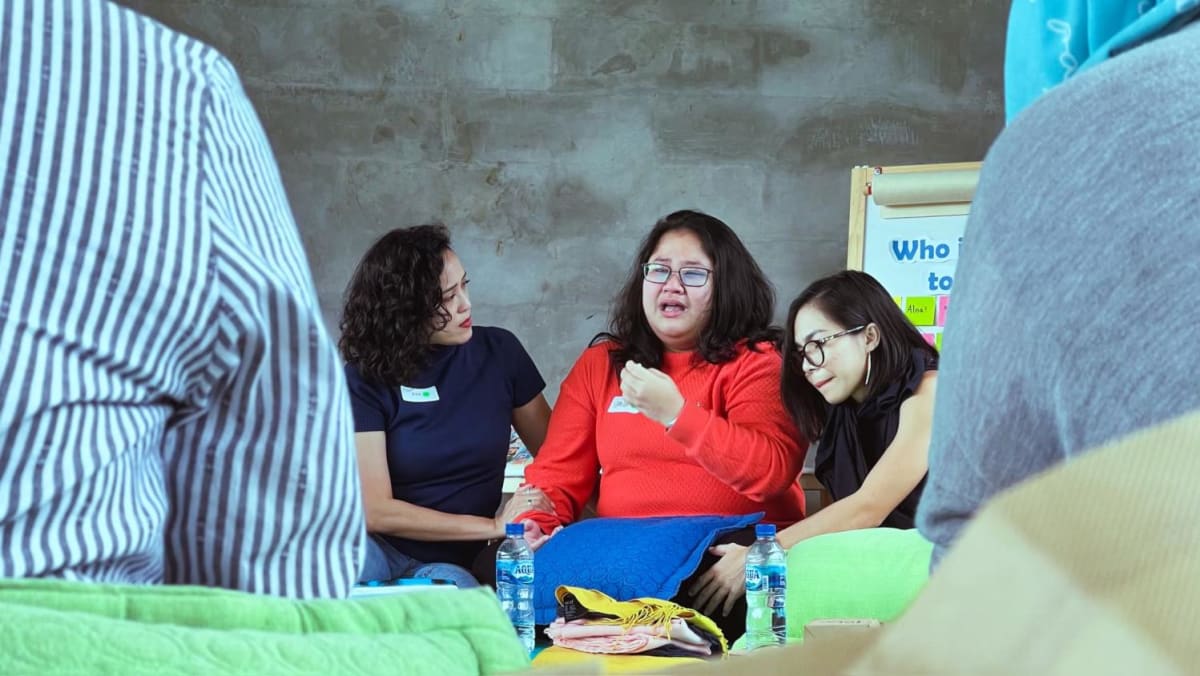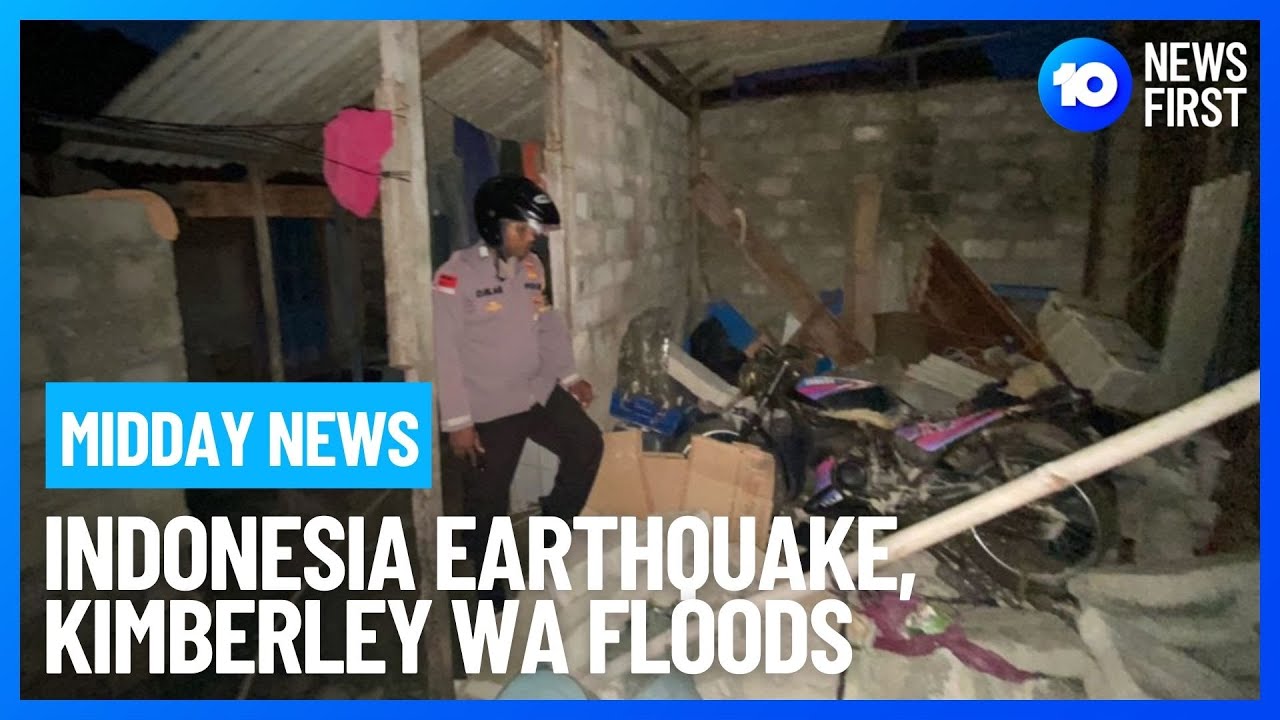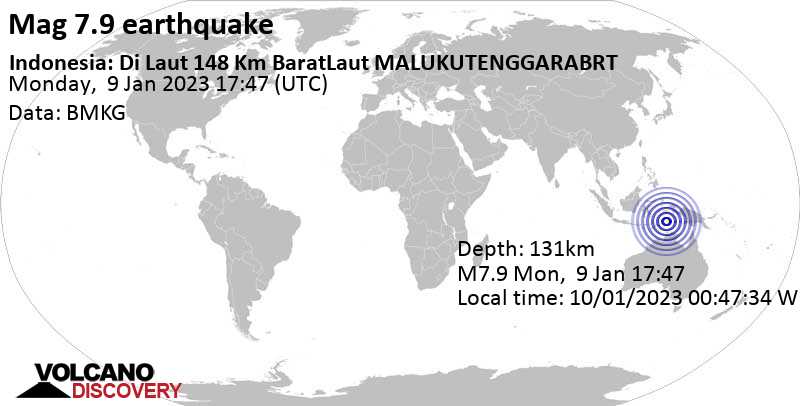And everyone felt welcomed at the support group, no matter how small their losses seemed in comparison with other participants.
Sarah Aurelia said she only participated as a listener when she attended her first Grief Talk session in 2021. The 23-year-old felt that her loss was nothing compared to those who had lost their spouses or children. She lost her grandfather who died at the age of 81 and his passing happened years ago.
“The second time I joined, someone talked about losing her grandmother. Because I had a similar story, I decided to speak up,” Aurelia told CNA.
She said it was the first time she openly talked about how she felt losing her grandfather who was close to her heart, adding that she never discussed this with her friends or family.
“I didn’t expect I would talk for 45 minutes. Occasionally, I paused and cried and proceeded talking while sobbing. I didn’t realise that my grandfather was such an important part of life, that the loss had a profound impact on me and that I haven’t processed this properly (because) I was 16 at the time,” Aurelia said.
“Through Grief Talk, I realised that it is okay to grieve even seven years after he passed. It provided me with the comfort and validation that what I am experiencing is not wrong.”
A typical Grief Talk session could last between three to four hours, ending late at night after everyone had their chance to speak. Darusman said she never puts a limit to how long a participant can share his or her life story.
The Grief Talk founder said sessions could even last until early in the morning, like when the deadly COVID-19’s Delta variant swept the country in mid 2021.
There is also no pressure to speak when one is not prepared to, as is the case with Aurelia when she participated for the first time.
“People shared about losing someone but they also talked about how grateful they are to have this community,” Darusman said. “Because only at Grief Talk they feel validated, not judged upon, not frowned upon (by others) for being sad. That was my goal.”




































